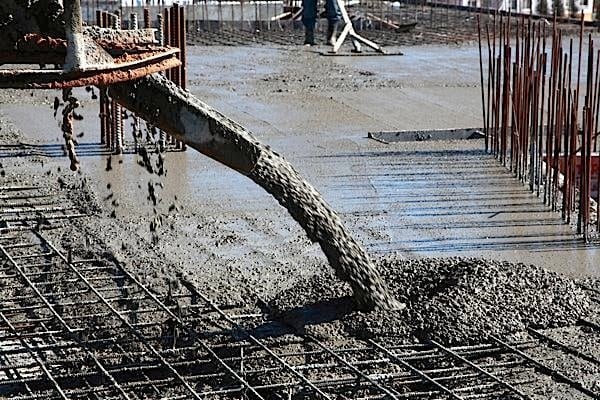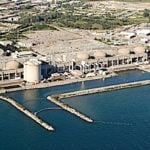A Stanford University professor and founder of an organization called Blue Planet has a vision for a new type of concrete. As reported in GreenBuildinAdivor.com, Brent Constanz, Ph.D believes that his form of concrete would transform the common building material from a major source of carbon dioxide in the atmosphere to a major remover of the gas.
The production of commonly used Portland cement creates huge quantities of CO2 as a byproduct. It is estimated that 1.6 billion tons of Portland are used annually for use in the world’s concrete, and that the production of Portland, which requires heating limestone to very high temperatures, is responsible for millions of tons of CO2 emissions. In all, approximately 8 billion tons of concrete are used each year.

Constanz and his group are working on a type of concrete that is made from calcium carbonate cement and limestone aggregate. Calcium carbonate is a naturally occurring chemical compound found in rocks and in the shells of marine organisms and snails. It is already used widely in the construction industry as an ingredient of cement. The Blue Planet researchers are hoping to produce a CarbonMix cement using calcium derived from seawater and carbon dioxide captured from power plant flue gases. The new form of cement would be carbon neutral, or even carbon negative, as it would sequester CO2 and keep it out of the atmosphere forever.
Producing concrete from CarbonMix cement would reduce carbon emissions by reducing the production of Portland cement, and by chemically sequestering the CO2 in the calcium carbonate cement.
Since the aggregate that constitutes the main component of the concrete would be limestone, which is already approved for use in highway construction and concrete engineering standards, they foresee no regulatory delay on that score.
A carbon neutral cement and concrete would be a game changer.































